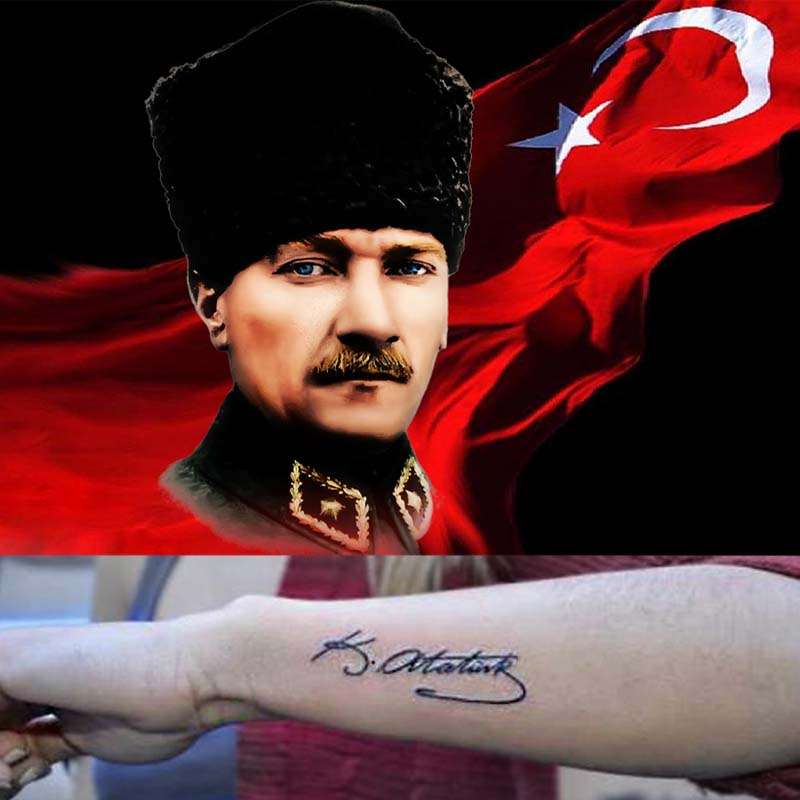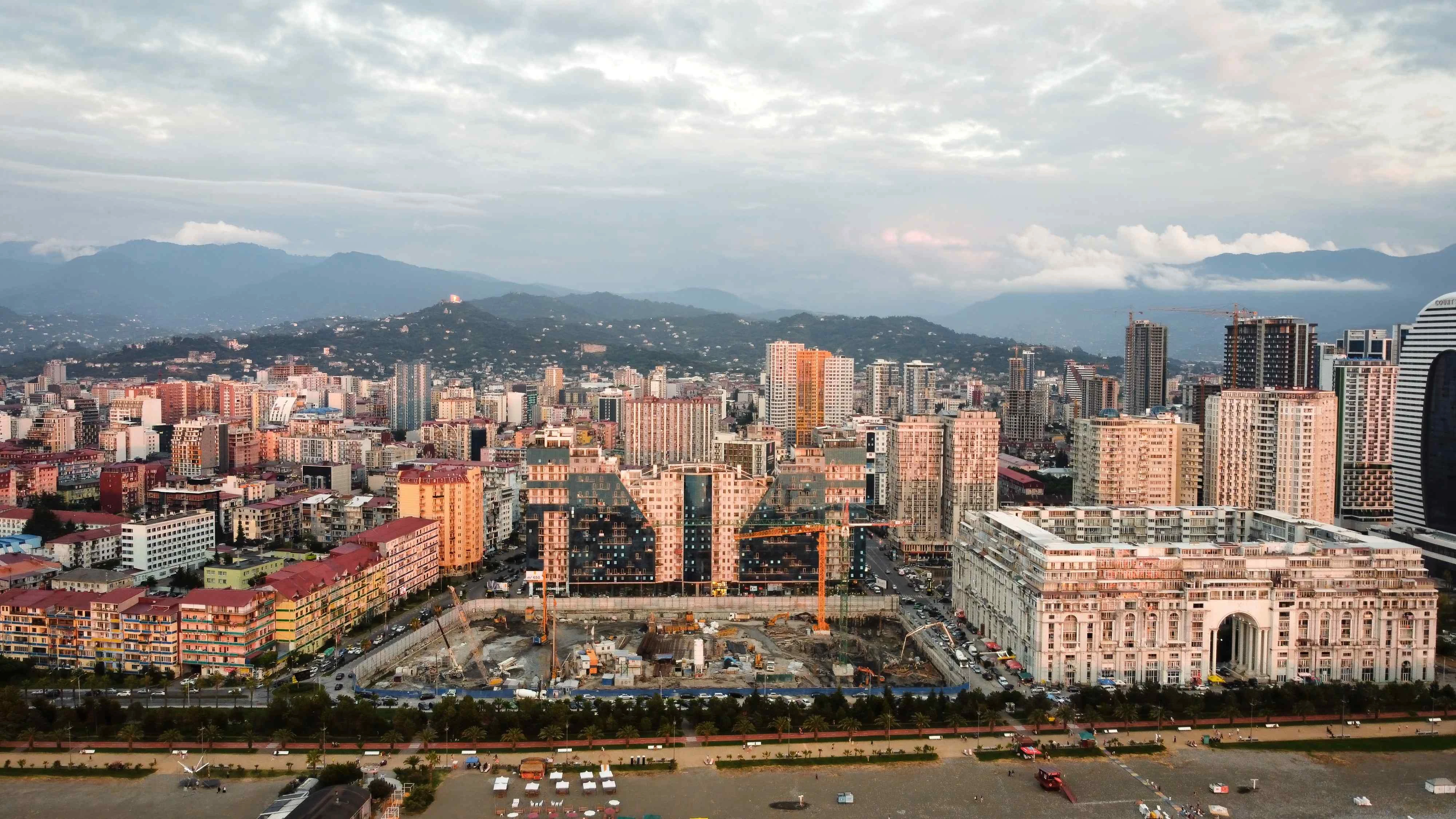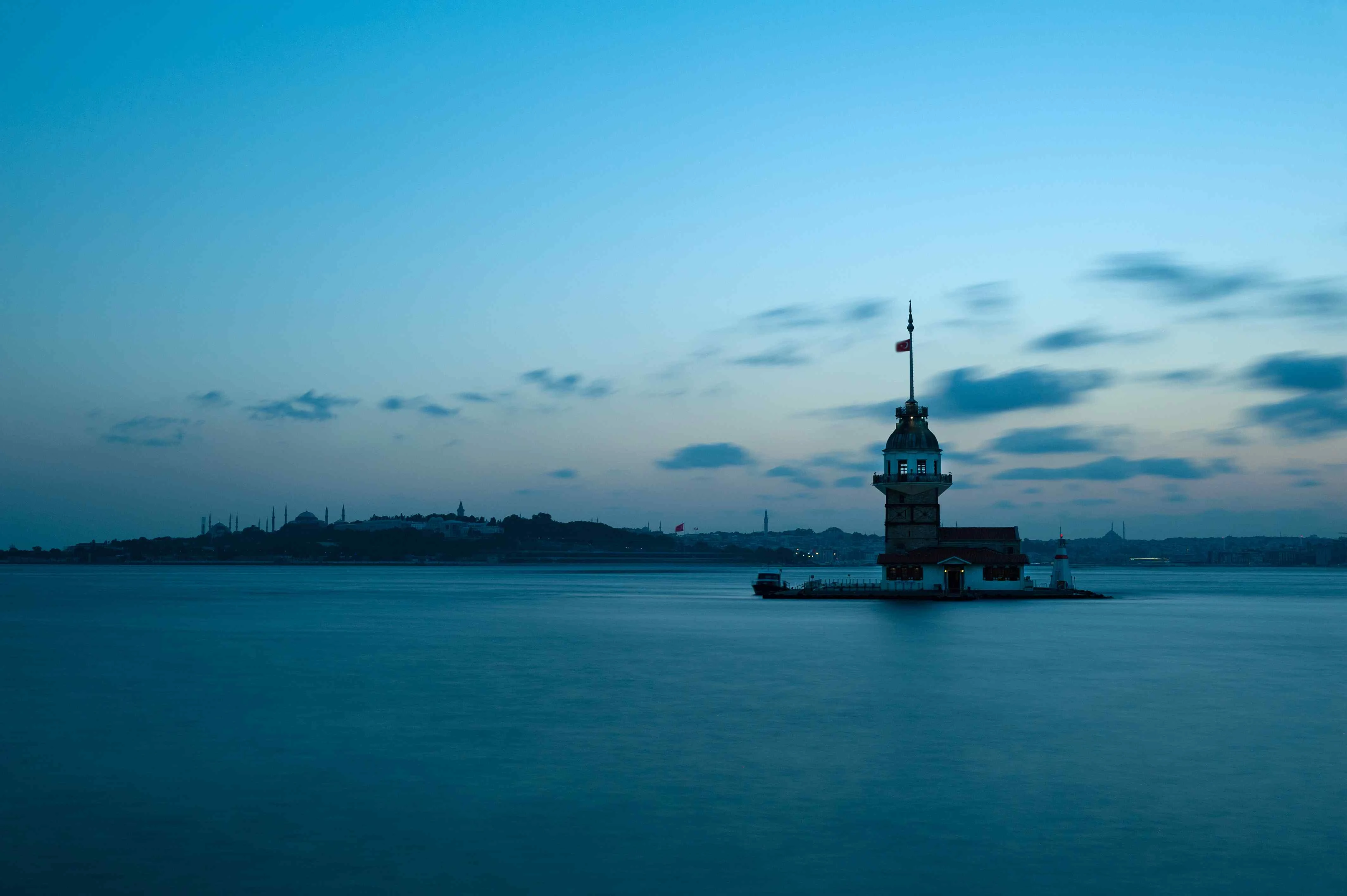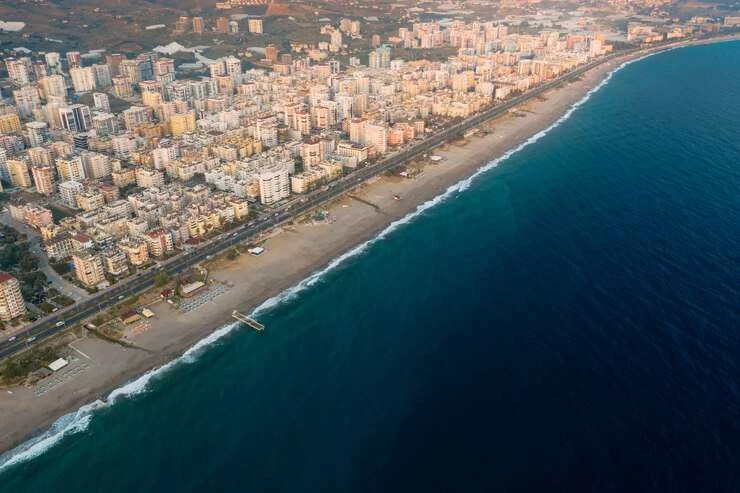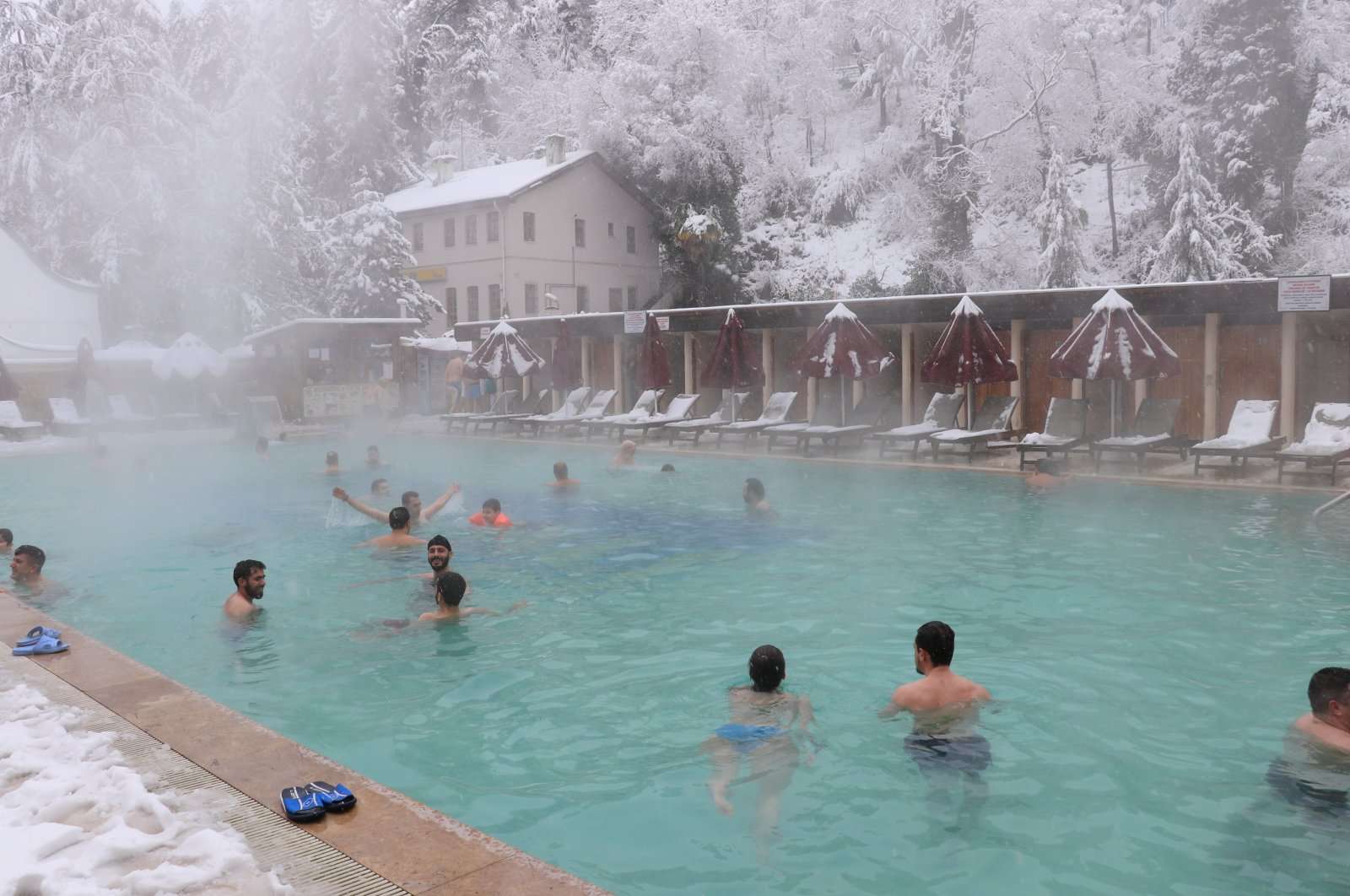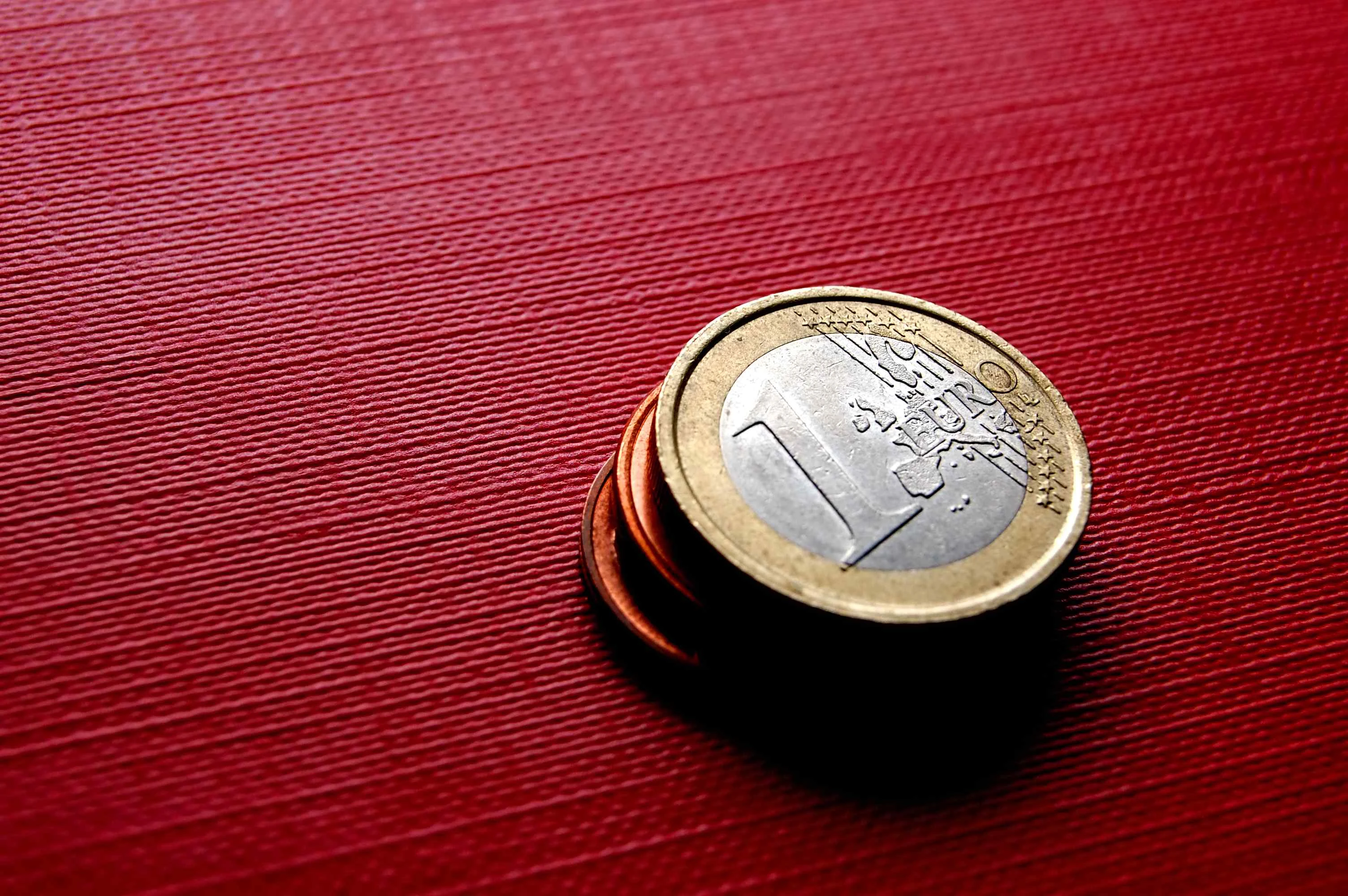Mustafa Kemal Atatürk (1881 – November 10, 1938) - revolutionary statesman, founder of the Turkish Republic and its first president. In Turkey you can find an image of Ataturk on almost every corner. His name is included in the name of the main street in every city. Portraits and busts of this leader are present in various public and private institutions, be it a resort hotel, a police station or a road cafe. And the Turks honor the memory of their first president so much that you can often see the signature of Mustafa Kemal on the forearm of Turkish citizens, both men and women of different ages. Mustafa Kemal, known as Atatürk, devoted all his unlimited resources to introducing social and economic reforms in the country. In this process, he actively learned from the experience of other states, including the USSR. In fact, modern Turkey, as we know it today, is the result of policies carried out by Ataturk.
Mustafa Kemal was born in Thessaloniki, Greece. In his youth, he was interested in philosophy and secret societies, and in addition, he harbored dreams of heroic deeds on the battlefield and building an ideal society within a particular state. As a student at the Ottoman General Staff Academy, he created the revolutionary organization “Motherland” and even took part in the Young Turk uprising. However, all this did not prevent him from making a career in the military field and rising to the rank of army commander. Having risen to the helm of the state on April 24, 1920, Mustafa Kemal began to bring the ideals of his youth to life.
First of all, he reformed the system of government, namely, abolished the sultanate and caliphate, proclaimed the Ottoman Empire a republic and himself as its president, separated the Islamic church from the state, abolished Sharia law - they were replaced by a new Civil Code, and gave women equal rights with men is right. Turkish citizens now have passports with their surnames on them. The first Turk to receive it was Mustafa Kemal himself - the Turkish parliament assigned him the surname Ataturk, which translates as “father of the Turks.”
The next important step was to restore order in the education system. Experts from France, Germany and even the USA were specially invited to implement educational changes in Turkey. However, the experience of the USSR made the greatest impression on Turkish reformers; in 1926, the Turkish Ministry of Education sent an entire delegation there to study the organization of public education. As a result, new secular schools were established in place of religious schools in the Republic of Turkey, and the Constitution of the state established the right to compulsory and free education for boys and girls who have reached the age of seven.
Mustafa Kemal changed the economic landscape of the country, transforming it from an agricultural to an industrial power. At the beginning of the 20th century, approximately 80% of Turkey's population lived in villages and was engaged in agriculture. Atatürk began an active policy of industrialization and import substitution. This strategy encouraged the establishment of both public and private industrial enterprises in various sectors such as mining, food processing, building materials, electricity, engineering and others. In 1925, an incentive norm was introduced for the textile industry, according to which government employees were obliged to wear clothes made exclusively in Turkey. To encourage this initiative, Turkish public sector employees were paid additional remuneration to cover the higher cost of domestic goods compared to imported ones. The final step in turning Turkey into an industrial power was the introduction and implementation of the First and Second Five-Year Plans, which were inspired by the experience of the USSR. As a result of Ataturk's reforms, Turkey took third place in the world in terms of industrial development.
Atatürk’s very important contribution to the development of the nation was its unity and endowment with important national attributes.
At the beginning of the twentieth century, the term "Turkish nation" did not exist in the modern sense. The majority of the population identified themselves as Ottomans and, along with this, on the territory of the Ottoman Empire there were such significant national communities as Kurds, Armenians, Jews, Greeks, Arabs, each of which carefully protected its own language and cultural traditions. This state of affairs did not correspond to the nationalist concept, and Ataturk outlined the slogan of the new reforms: “How happy is he who says: 'I am a Turk!'” The law linked citizenship to ethnicity, and all residents of the country were declared Turks.
The creation of the new Turkish nation did not go so smoothly due to the diversity of languages in the Ottoman Empire, which used elements of Turkic, Persian and Arabic origin, Atatürk took measures to cleanse the language of foreign influences. He established the Turkish Linguistic Society, which began to create new words based on Turkic roots and develop the Latin alphabet. The President was personally involved in this process. However, despite the successful implementation of these tasks by scientists, the introduction of a new language into everyday life has proven difficult. Mustafa Kemal did not give up in the face of difficulties. He introduced a new slogan: “Citizen, speak Turkish!” and began a campaign to spread the new language. All residents of the country had no choice but to comply with this initiative, since all languages except Turkish were officially prohibited. The results of the reform began to appear already in the early 1930s, but the process of transforming the Turkish language and eliminating borrowings continues to this day.
Interesting Facts.
The Turks’ exorbitant love for tea and the development of the tea sector in Turkey’s agriculture also occurred thanks to Ataturk. At the beginning of the last century, tea was not particularly popular among the Turks; they preferred coffee to it. But after the collapse of the Ottoman Empire and the separation of Yemen, the main supplier of coffee beans, this drink became prohibitively expensive for the Turks. As an alternative, Atatürk's government decided to promote tea among the population. However, tea in Turkey was also only imported and not cheap, all attempts to grow it at home ended in failure. Ataturk again turned to the experience of the USSR, where at that time there was a program for the development of the tea industry and the Anaseul Tea Research Institute was created, which was engaged in the selection of its varieties. As a result, several tens of tons of seeds were brought from Batumi to Turkey. Soon, the first tea plantations appeared in the eastern Black Sea coast, near the city of Rize. Today Türkiye produces about 200 thousand tons of tea per year. This is enough not only to meet the needs of the domestic market with tea, but also to export it.
The Alanya you know today owes its name to Ataturk. Initially, the Seljuks assigned the name “Alaya” to this place, a derivative of the name of Sultan Aladdin. In 1935, Mustafa Kemal stayed in the town for several days. In some absurd way, a spelling error crept into the telegram he sent from here: as a result, “Alaya” turned into “Alanya.”
Ataturk died in 1938, at the age of 57. The Turks to this day carefully preserve the memory of their hero. The remains of Mustafa Kemal rest in Ankara, in a specially built mausoleum. And every November 10, the day of the death of Mustafa Kemal, at 09.05 in the morning the whole country freezes for a minute of silence to the lingering mournful sound of a siren.
